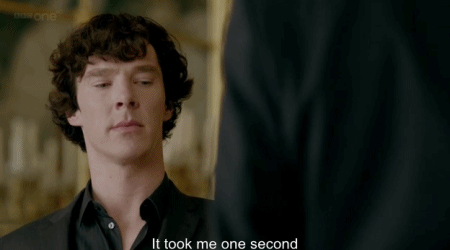Hodl, Agloe, plagiarism and the conformity effect
If you’re a human, you’re designed to listen and look to other people. From looking to mimicking there’s only a step and that step, be warned, should never be taken.
So you may not know about Agloe, a fictional town used as a tool anti plagiarism, but if you’re into cryptocurrency, you heard about HODL, and this is how the two are connected.
The story
In 1925, a mapmaker called Otto Lindberg got sick and tired of people not walking the extra mile to offer a quality map of their own. So he employed an old copyright trap to make his maps distinctive and easily discover plagiarism. Voila Agloe! the town that wasn’t. Or was it?
This is where things get interesting.

It has to do with the question of what is reality and by extension, what is originality. Because the story goes like this: Trying to bring forward a court of law his case against another mapmaker caught in the act of stealing, the defense presented the evidence of existence in a business name located at those coordinates.
Let’s sum this up, come to a conclusion and bring into question HODL.

So a third uninterested party, seeing a name on a map, thought that sure sounds nice for a store name. Lacking the imagination, but filled with good intentions and, some might say, a visionary business plan, to be the first store in town, a man made the place. Literally. It made it real by using that name to name a real place.
Language as a reality shifts and cements on the same principle. Someone says something, something like HODL and if the conformity effect is awake and listening at that time, there goes another word for the dictionary.
Someone saw it, mistook it for a technical term maybe, by extension recognising his/hers limitations with the subject and it carried not only the weight of an action, but it became basic knowledge for an entire culture.
It’s just like in all those cases and experiments where if a group of people form a line, look up or get up, the individual’s first response is to follow.

Sometimes there’s nothing there. At the most, it’s a mistake made by someone or a strategy. But some words, some strategies, have this distinct power of turning a onetime thing into culture. And it’s a fascinating phenomenon for me to witness, read and wonder about.
Question
Isn’t it that exact moment a second person uses something that it becomes plagiarism? Or is it the beginning of a trend, a culture, a... thing? A reality.
It may be a stretch, but on this platform, where originality is encouraged, it seems like a valid train of thought: are we creating, conforming or plagiarising? I’ll accept any of the first two, but not the third. Be you own mind, create your own mistakes, and may one of them, someday, become the start of a trend.
Thank you for reading.
Your truly,
@Catalina10
PS: Some relevant places you can find me:
Steemit: for updates
Goodreads:
for book reviews
Instagram: for
...well, pics :)
Find Out More about me!